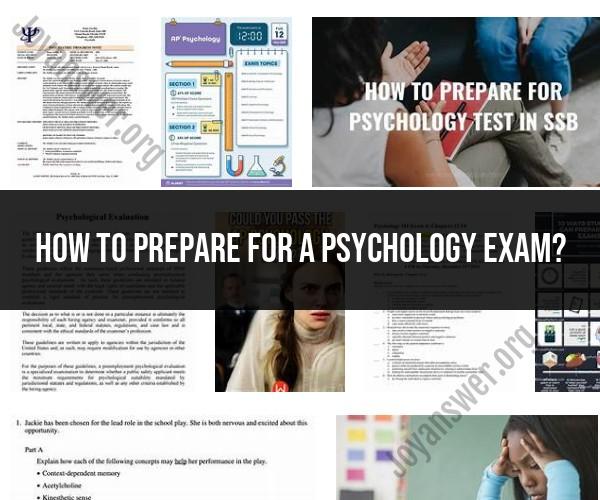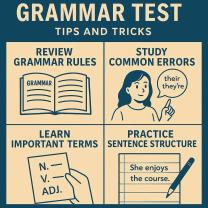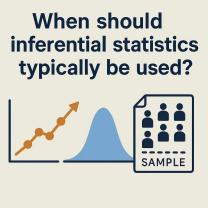How to prepare for a Psychology exam?
Preparing for a psychology exam requires a systematic and effective study approach. Here are some strategies to help you prepare effectively:
Review the Syllabus and Materials:
- Start by reviewing the course syllabus and any study materials provided by your instructor. Understand the exam format, topics covered, and any specific instructions.
Create a Study Schedule:
- Plan your study schedule well in advance of the exam date. Allocate specific time slots for each topic or chapter to ensure comprehensive coverage.
Organize Your Notes:
- Review your class notes, textbooks, and supplementary materials. Organize your notes by creating outlines, summaries, or flashcards for key concepts.
Practice Active Learning:
- Engage in active learning techniques such as summarizing content in your own words, teaching the material to someone else, or participating in study groups.
Use Visual Aids:
- Create visual aids like mind maps, concept diagrams, or flowcharts to visualize complex psychological theories and concepts.
Practice with Past Exams or Sample Questions:
- If past exams or sample questions are available, practice answering them to get a sense of the exam format and the types of questions that may be asked.
Understand Key Theories and Concepts:
- Focus on understanding the key theories, concepts, and research findings discussed in your course. Pay attention to their relevance and real-world applications.
Make Mnemonics and Memory Aids:
- Create mnemonic devices or memory aids to remember complex terms, definitions, or lists of concepts.
Quiz Yourself:
- Periodically quiz yourself on the material to test your understanding and retention. You can use flashcards or online quiz platforms for this purpose.
Seek Clarification:
- If you encounter concepts that are unclear, seek clarification from your instructor, classmates, or tutoring services.
Study in a Quiet and Comfortable Environment:
- Find a quiet and comfortable place to study where you can focus without distractions.
Take Regular Breaks:
- Break your study sessions into manageable chunks and take short breaks to rest and recharge.
Use Multiple Resources:
- Supplement your textbook with additional resources such as psychology journals, online articles, and reputable websites to gain a deeper understanding of topics.
Practice Time Management:
- Manage your time efficiently during the exam. Allocate a specific amount of time to each section or question, and stick to your time limits.
Practice Mindfulness and Stress Reduction Techniques:
- Incorporate mindfulness and stress reduction techniques such as deep breathing or meditation to manage test anxiety.
Get Adequate Sleep:
- Ensure you get enough sleep the night before the exam to stay alert and focused during the test.
Healthy Eating and Hydration:
- Eat a balanced diet and stay hydrated to maintain your energy levels while studying and on exam day.
Review and Self-Assessment:
- In the days leading up to the exam, review your notes and study materials. Test yourself with practice questions and assess your understanding.
Stay Positive:
- Maintain a positive attitude and believe in your ability to succeed on the exam. Avoid last-minute cramming, as it can lead to stress and decreased performance.
Arrive Early on Exam Day:
- On the day of the exam, arrive early at the test location with all necessary materials, such as identification and writing utensils.
Remember that effective preparation is not about memorization alone but also about understanding the material. Stay consistent with your study plan, practice regularly, and stay confident in your abilities.












